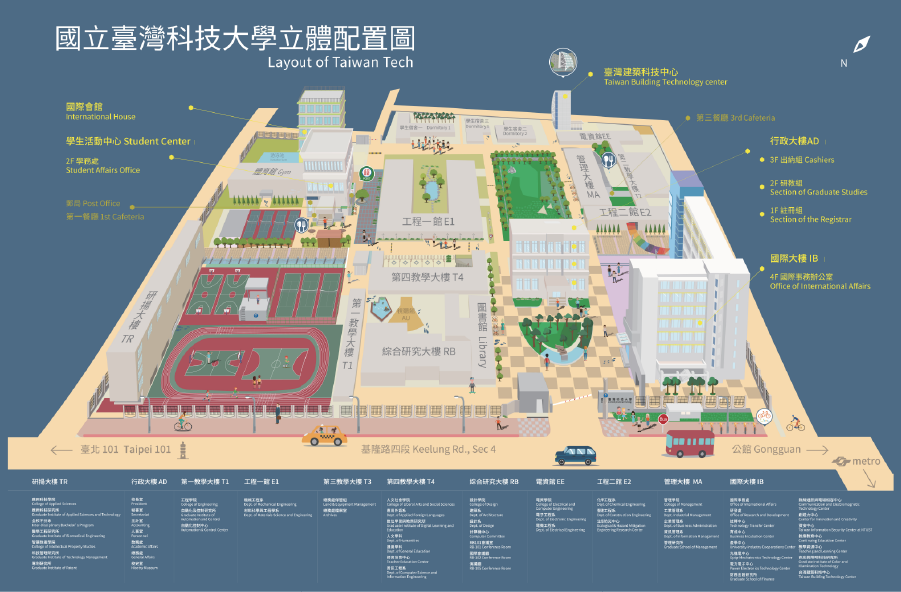Instruction and Assessment
Digital Technology Integrating into Instruction and Assessment
With the exponential growth in the use of digital technology in education, there is a vigorous demand for effective ways of using digital technology to support student learning. Digital technology may play a tremendous role in developing students’ ability to learn, communicate, and collaborate, as well as capacities for information seeking and analysis, critical thinking, problem solving, etc. It has become an inevitable trend that teachers integrate information and communication technology (ICT) into their teaching. The faculty members in this track have explored the factors which influence on teachers’ ICT integration and examine the effects of ICT integration on students learning performance, group interaction, critical thinking and problem-solving ability, etc. This research interest can be supported by our graduate courses including Integrating Technology into Instruction, Online Collaborative Learning and Teaching, Instructional Psychology, Research in Instructional Strategies, and Curriculum studies.
On behalf of the fact that learning methods and content are to be digitized, it is inevitable a trend that testing and measurement will be digitized too. Digitized assessment not only can achieve the functions of traditional testing, but also can achieve what the traditional testing cannot. Integrated with teaching theories, learning theories, testing theories, cognitive psychology, development of computer hardware and software, and combined with the fields of artificial intelligence and expert systems, digitized assessment could effectively synergize what is desired of learning and testing, and truly achieve the ideal learners-based assessment, and further to assist and support learning activities. Because of the three almost mechanisms of supporting learning, diagnosing learning difficulties, and modifying and guiding learning provided by digitized assessment, it is able to establish personal learning portfolio or personal learning processes as well as to analyze systematically personal learning trail. As a result, personal learning difficulties or potentials could be optimally facilitated. The graduate courses such as Testing Theory, Computer-assisted Testing, Online Assessment, and special topics and advanced studies can support the development of this line of research interest.
